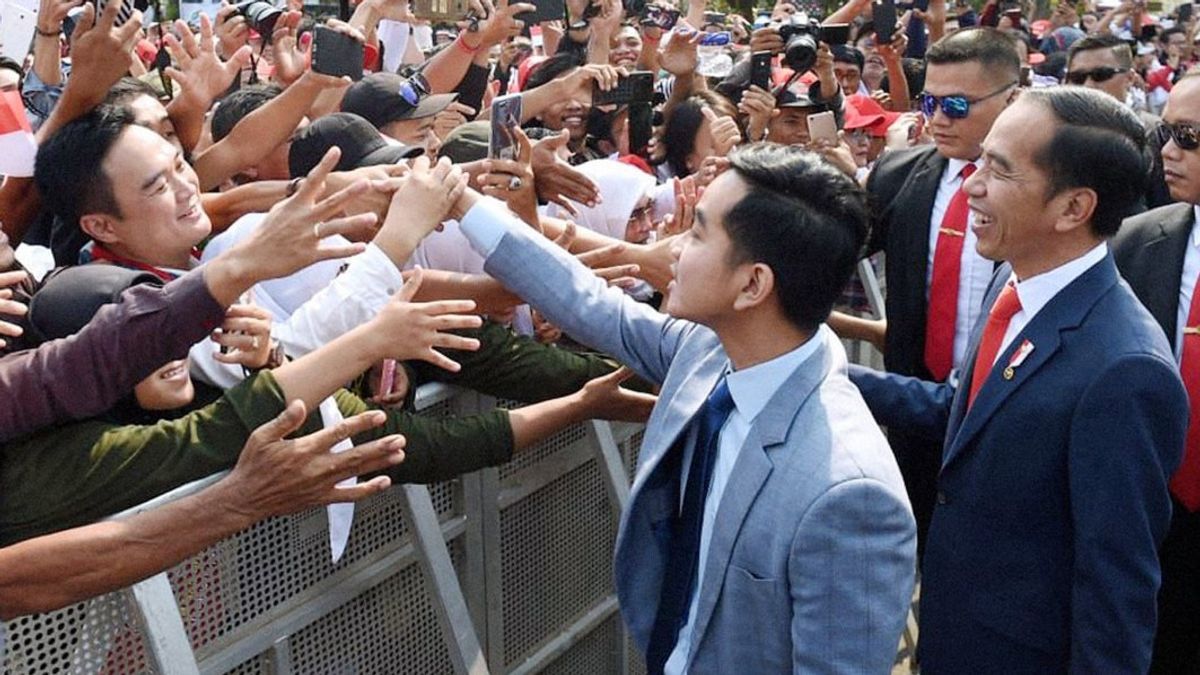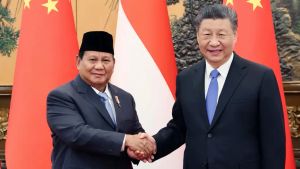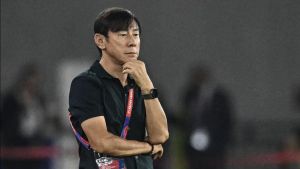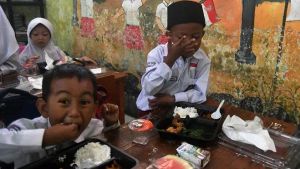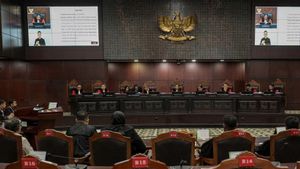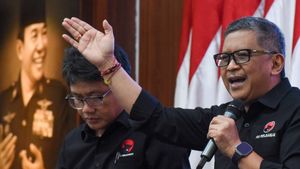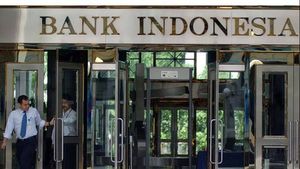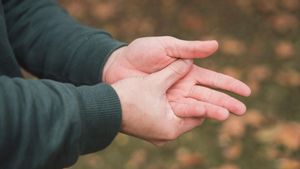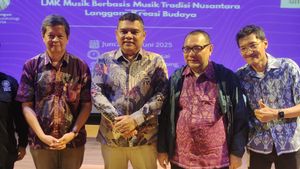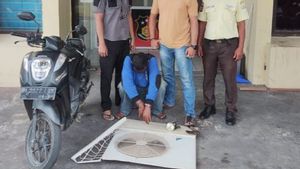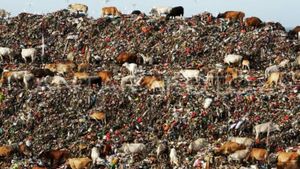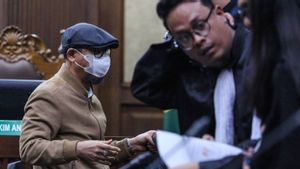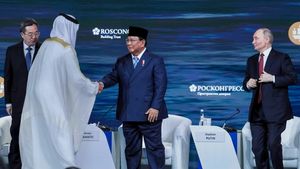JAKARTA Researchers from Indonesia Corruption Watch (ICW) are suspected of experiencing doxing after responding to a release from the Organization Crime Corruption Reporting Project or OCCRP which included Joko Widodo (Jokowi) in the list of corrupt leaders in 2024. Doxing, according to ICW, is considered part of a silencing effort and restrictions on public critical votes.
Citing Tempo, doxing is an act of finding or finding personal information about someone on the internet without their permission as a form of punishment or revenge.
Practicedoxing usually includes personal information such as addresses, phone numbers, email addresses, credit card numbers, or other information that can be used to identify or damage a person's reputation.
ICW Coordinator Agus Sunaryanto said the personal data of ICW researchers had been published and now his party plans to report the alleged doxingini to law enforcement officials.
ICW is quite active in responding to the release of OCCRP which mentions the Seventh President of the Republic of Indonesia Jokowi on the blacklist of nominations for corrupt figures in 2024. He is side by side with Kenyan President William Ruto, Nigerian President Bola Ahmed Tinubu, former Bangladeshi Prime Minister Hasina, and Indian businessman Gautam Adani.
OCCRP leader and co-founder Drew Sullivan said the corrupt state leader needed to be published because they were considered to have violated human rights (HAM). A corrupt government will create conflict due to instability in a country.
This release became a discussion in the national mass media and of course caused noise among residents. ICW is one of the vocals to comment on it. The Coordinator of the ICW Knowledge Management Division, Wana Alamsyah, admitted that he was not surprised by Jokowi's name in the list of Organized Crimes and Corruption in 2024 according to the OCCRP version.
"ICW was surprised that Jokowi did not become the winner. Because there were a number of reasons for that," Wana said when contacted by VOI.
Wana also described a number of Jokowi's "sins" during his two-term presidency. Since being elected as the number one person in 2019, there have been a number of events that are considered as an effort to destroy the eradication of corruption.
The series of events that Wana meant were the weakening of the Corruption Eradication Commission (KPK), the revision of the KPK Law, the dismissal of 57 people at the KPK.
The peak is that his son (Gibran Rakabuming Raka) is encouraged to become vice president and an effort to revise the Regional Head Election Law (Pilkada) to smooth out Kaesang, Wana continued.
In addition, Wana said that Jokowi had narrowed the notion of corruption only related to legal cases after the former mayor of Solo demanded evidence of him committing corruption as stated by the OCCRP.
SEE ALSO:
Corruption, said Wana, should not only be seen as a loss of state money. In general, corruption is a systematic effort to provide material or immaterial benefits for a person or group for personal gain through abuse of authority.
He gave an example of two rules that Jokowi tried to condition, for example, the Omnibus Law on Job Creation which was processed so quickly without the participation of citizens and the Minerba Law, where insiders can get concessions.
"Is this corruption? Internationally this is a crime because it does not go through a process that complies with the rules. So it's not just a sin of corruption but an implication of this policy causing damage," said Wana.
Jokowi, according to Wana, does not have a broad understanding of the definition of corruption. In the eyes of Indonesian law, actions such as those mentioned above do not necessarily have state money losses, as well as bribery or gratuities that can be clearly proven. However, in the theory of corruption, this action can be categorized as an allegation of corruption against the legal system which ultimately has implications for a number of sectors.
"Corruption needs to be seen with bigger glasses, such asgrand corruption, namely a number of systematic efforts made by the regime for personal or family interests in an inappropriate way," he said.
"For example, efforts to revise the Pilkada Law. In this context, it is not necessarily corruption (harming state money). But then the implication is that the legal system is damaged by what Jokowi is doing," said Wana again.
He also did not deny the doxing experienced by ICW members after they vocally criticized Jokowi. The existence of doxing against those who criticized Jokowi actually deserves to be seen as a reinforcement that Jokowi deserves to be nominated for the OCCRP initiative. This doxing will not appear and repeat itself in a country with a healthy democratic climate.
ICW Coordinator Agus Sunaryanto emphasized that doxingini should be seen as part of efforts to silence and limit public critical voices.
According to Agus, criticism of Jokowi for being nominated for OCCRP should be used as an alarm for revamping efforts to eradicate corruption in the country. Moreover, he assessed that during the two periods of Jokowi's election, there had actually been setbacks for eradicating corruption and democracy.
He alluded to the weakening of anti-corruption institutions, as evidenced by the decline in the value of Indonesia's Corruption Perception Index to the strengthening of dynastic politics.
"There is a doxing of those who criticize Jokowi, it should be seen as a booster that Jokowi deserves to be nominated for OCCRP," said Agus.
Agus urged law enforcers to proactively investigate the account owner who carried out acts of intimidation against the ICW researcher. This is because he is worried that this digital attack will be experienced by other people who are also criticizing.
The English, Chinese, Japanese, Arabic, and French versions are automatically generated by the AI. So there may still be inaccuracies in translating, please always see Indonesian as our main language. (system supported by DigitalSiber.id)
